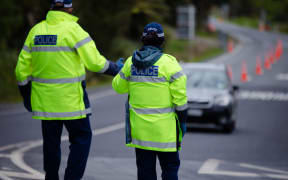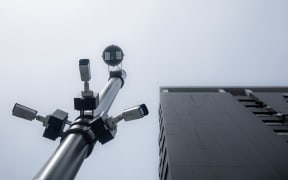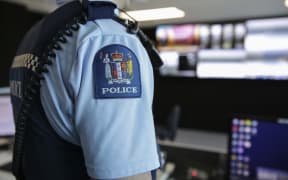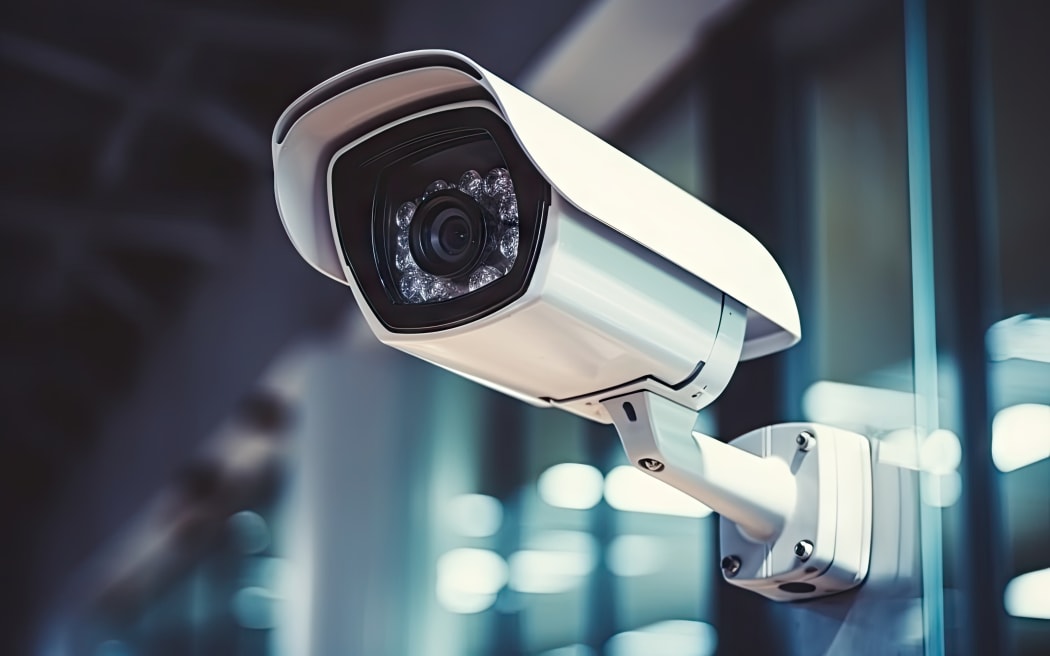
Photo: 123RF
Police use of footage from high-tech automated number plate recognition cameras is being challenged in court by defendants.
At least 5000 cameras in two private networks provide footage of vehicle licence plates that police use to prosecute people.
At the heart of the unprecedented legal challenges is that this amounts to use of a tracking device without a warrant, in breach of search and surveillance laws. Another challenge is that it is in breach of the Privacy Act and the Bill of Rights.
There are at least two court cases, but suppressions mean details cannot be reported.
One argument is that the footage is obtained as part of a private contractual arrangement with a surveillance system paid for by the police.
The Criminal Bar Association said police's use of automated number plate recognition (ANPR) was just the "tip of the iceberg" of surveillance methods police were not being open about.
"We need to have a public conversation about the appropriate level of state surveillance in a free and democratic country," it said.
Police have had a partnership to tap into the private web-based ANPR network of Auckland company Auror for years, and also into the much smaller network of its rival SaferCities.
Six thousand staff can access the networks for routine non-tracking searches - that is, identifying the owner of a car in, say, a supermarket carpark or petrol station forecourt as a one-off - and 1000 of those have the extra authority to use the information for more invasive tracking of vehicles from place to place.
All in all, police officers use ANPR hundreds of times a day.
"It is an effective tool to support police in preventing and investigating crime in our communities and is regularly used to assist with serious investigations including homicides, assaults, and aggravated robberies," the police said in April.
Auror talked up its close relationships with various police forces, including in New Zealand, in its marketing of ANPR as a crime prevention tool to retailers including in Australia, the UK and US.
The Public Defence Service (PDS), which provides representation to people who have legal aid in criminal cases, said police were tapping into the surveillance system about 500 times a day without oversight and this presented "a real risk of going into the territory of mass surveillance".
PDS senior lawyer Genevive Vear said police were engaged in over-reach.
"The police undertake something to the tune of around 500 searches a day on vehicles, and with each of those searches, they are automatically provided 60 days' worth of data of the movements of that vehicle anytime they are logged as entering a place with an ANPR camera operating.
"That's a huge amount of information that's being disclosed to the police for intelligence gathering or other investigative purposes. And it's all being done without any form of external oversight."
Search and surveillance laws provided for police use of warrants and production orders.
"None of those are being used by the police and what we are suggesting to the court is this is what they should be doing going forward," Vear said.
"What we are seeking is for the police to use the mechanisms within the Search and Surveillance Act that are available to them, to apply properly through the courts to obtain permission when they need to access this information."
After police last year admitted misusing ANPR to track cars in a couple of Covid-19 cases, they did an internal audit of 350,000 uses.
This found five staff might have misused it, but that in the vast majority of cases police "can be trusted to use ANPR data responsibly".
Police use of ANPR was "not widely known and therefore barely debated", president of the Criminal Bar Association Chris Wilkinson-Smith said.
"The existence of some technologies are often only revealed retrospectively when they appear in criminal disclosure as cases are prepared for trial, ANPR as an example, this is only the tip of the iceberg," he told RNZ on Wednesday.
"This hasn't been happening in the past 10 years."
Police databases, combined with AI, could "reveal the most intimate personal information".
"Police have been allowed to adopt technology under a broadly permissive regulatory background and dependent largely on internal supervision."
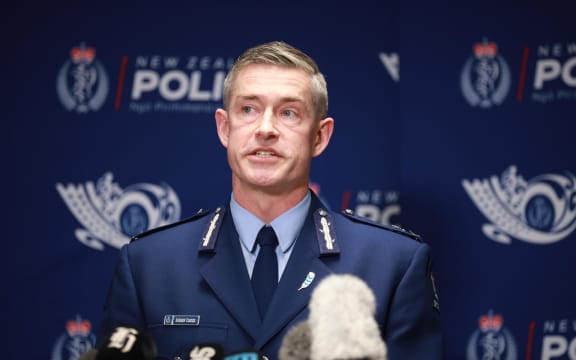
Andrew Coster. Photo: RNZ / Nick Monro
A column in the New Zealand Herald by Police Commissioner Andrew Coster in 2021 had failed to spark a continuing national conversation about surveillance, Wilkinson-Smith said.
"What are the appropriate boundaries for police intelligence collection and what trade-offs are we, as a community, prepared to make in the interests of safety?" Coster wrote.
Wilkinson-Smith said there was scepticism back then if police really wanted to engage, and though the barristers' association met with Coster in 2021, "our concerns about transparency and supervision remained".
Police said there had been one case where the admissibility of ANPR evidence had been challenged that had gone to a pre-trial hearing, and that the evidence had been ruled admissible.
"We are not able to comment further due to other ongoing court proceedings."
Auror said it was not a "surveillance system provider", and did not own or operate CCTV or surveillance equipment.
"We are committed to working with New Zealand Police in a safe, privacy-first manner that focuses on the 10 percent of people causing 60 percent of the loss and harm experienced across the country through organised crime, and by providing police the technology to focus on solving serious crime," it told RNZ on Thursday in a statement.
Masses of camera footage is sent to Auror's platform from the likes of supermarket carparks and petrol station forecourts, according to its website. Any stolen vehicle spotted triggers an automatic alert to police. At petrol pumps, it can detect when a customer fails to pay and match that to the plate to send out a payment reminder.
Auror said its mission was to "reduce crime to help Kiwis feel safer, particularly as we're seeing a rise in threatening and violent behaviour in our communities".
Its platform enabled police to strengthen privacy and security controls around using number plate technology.

